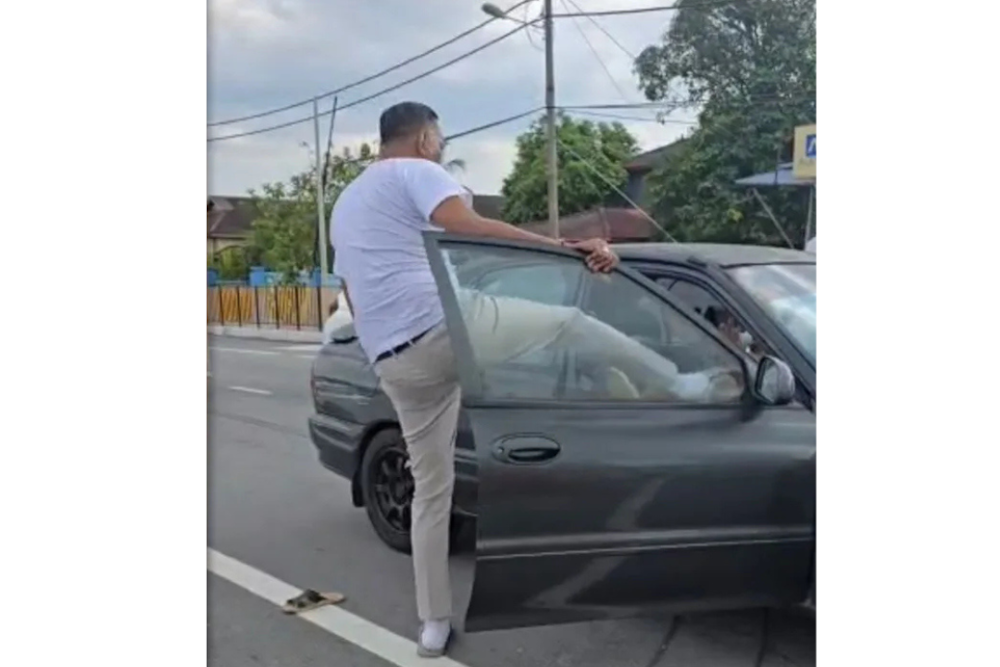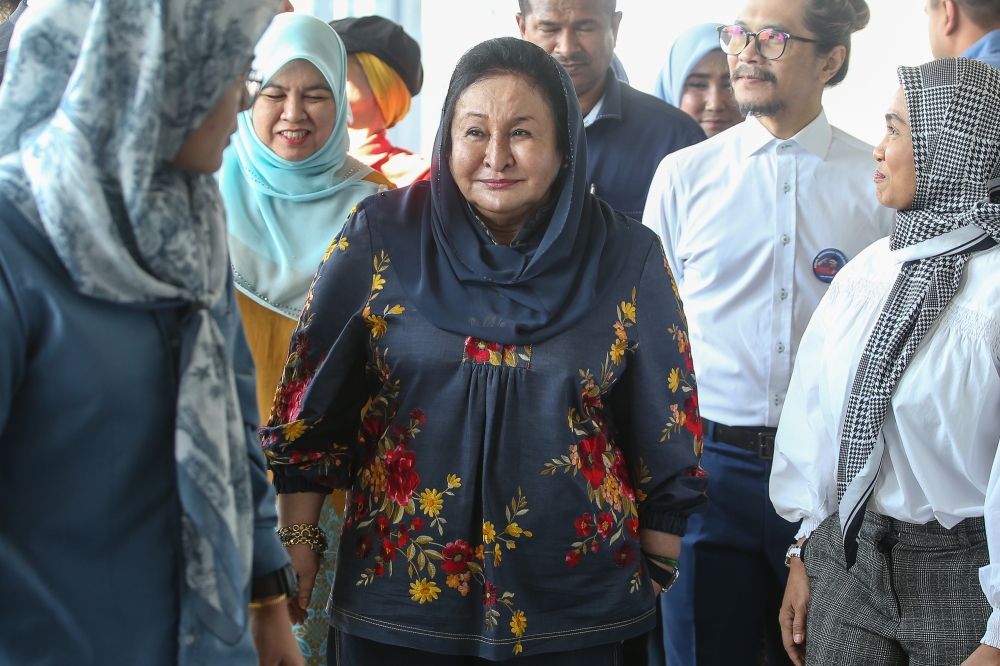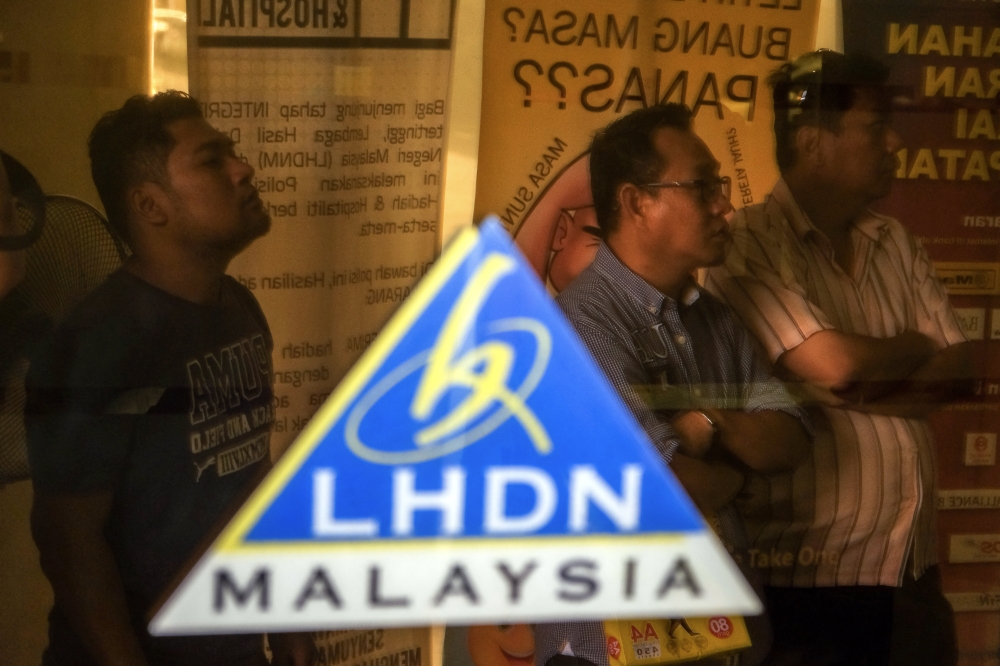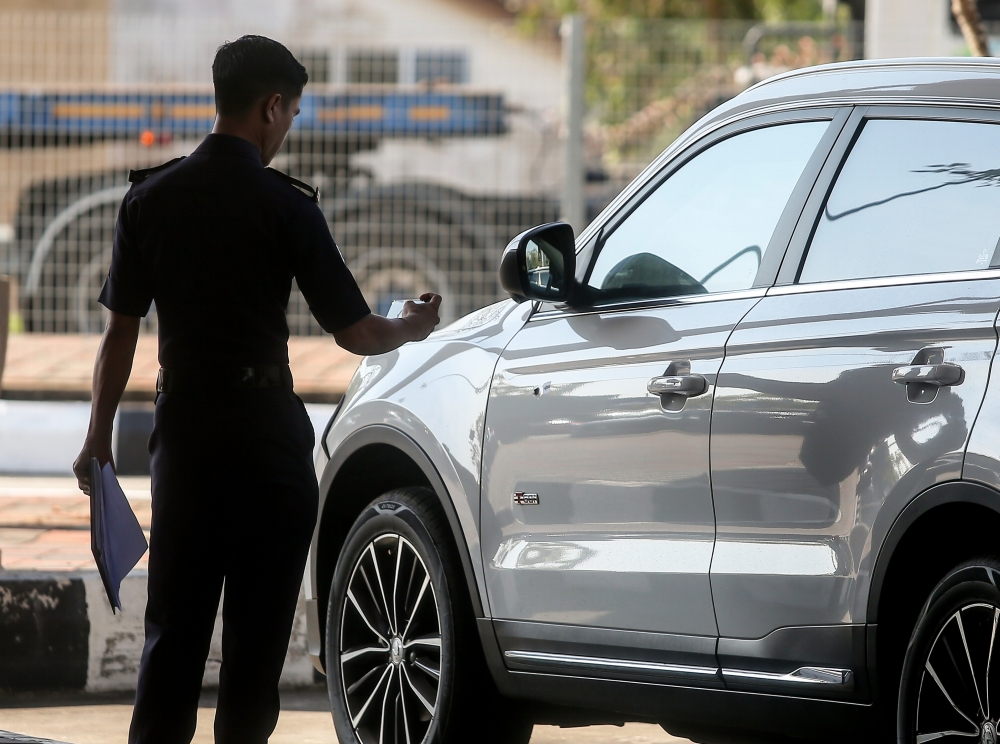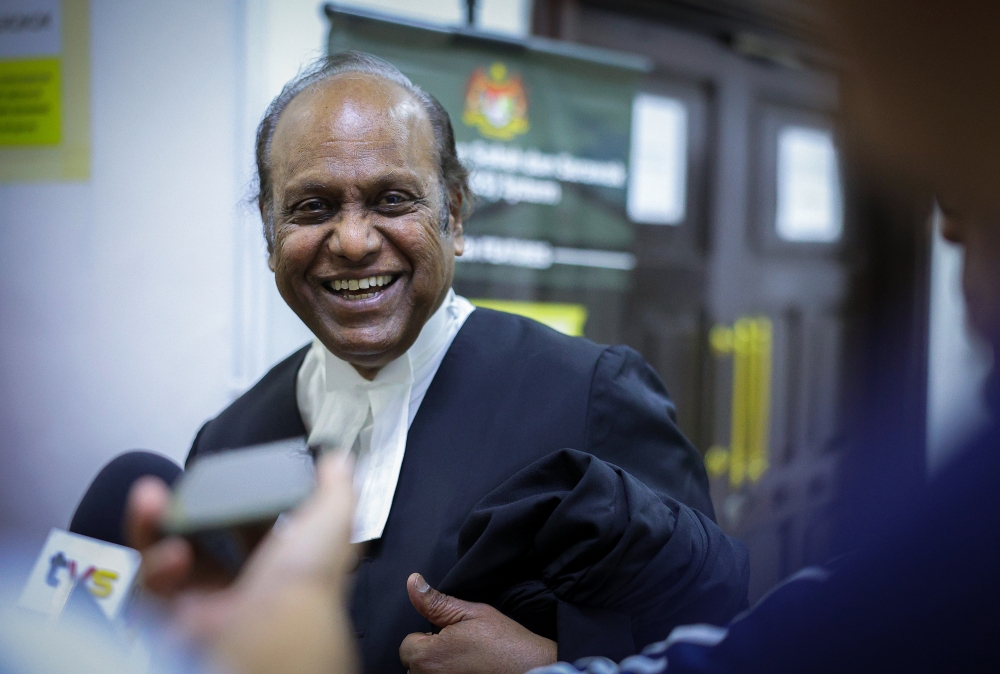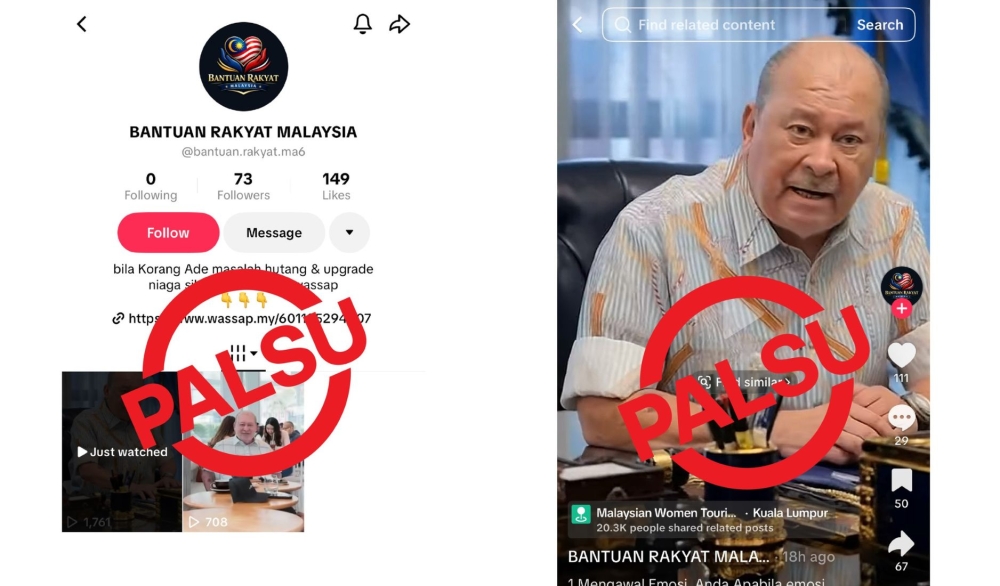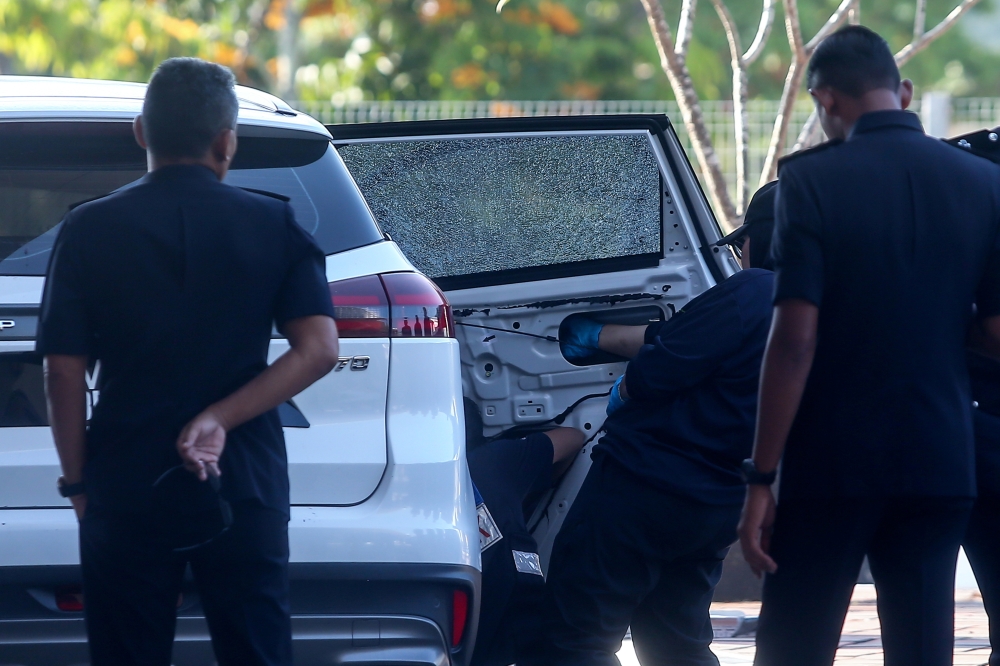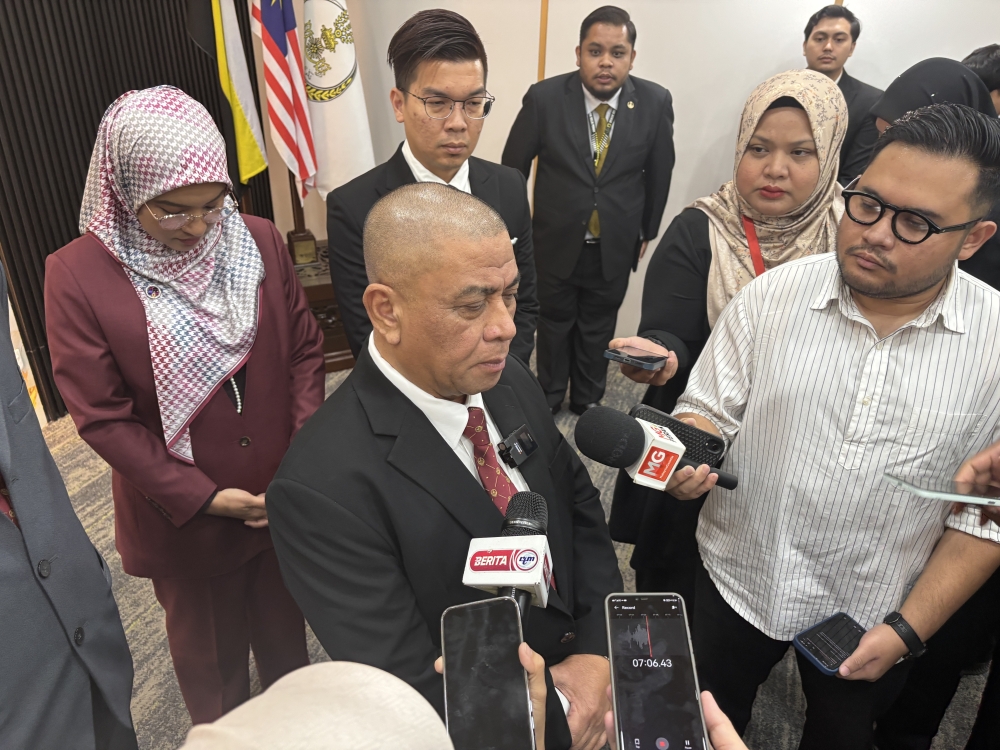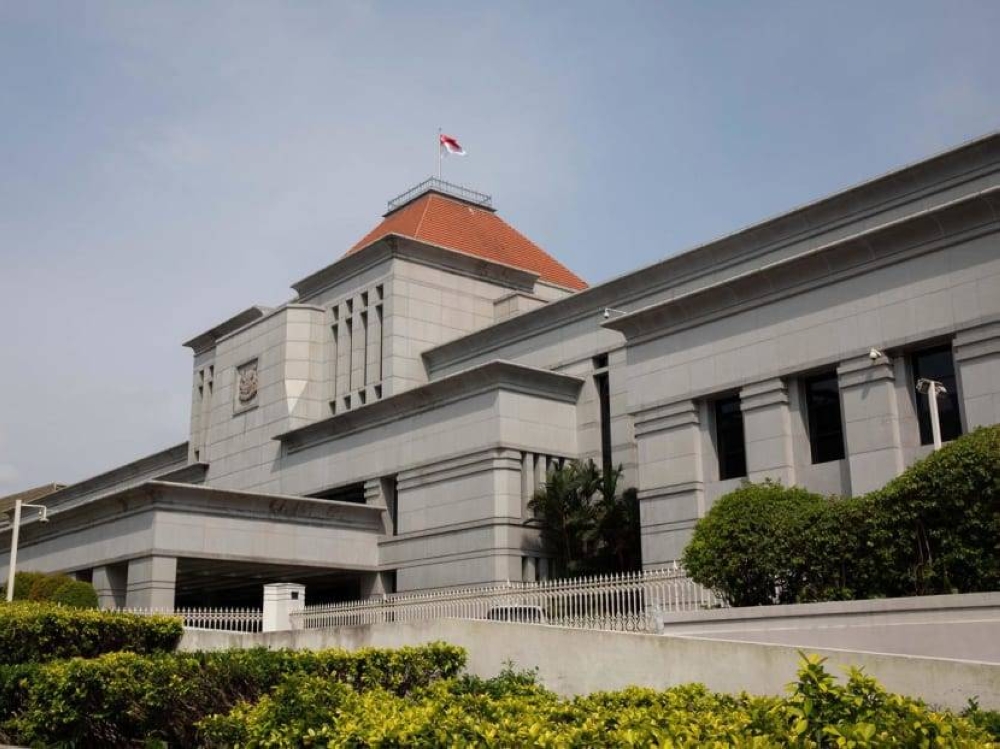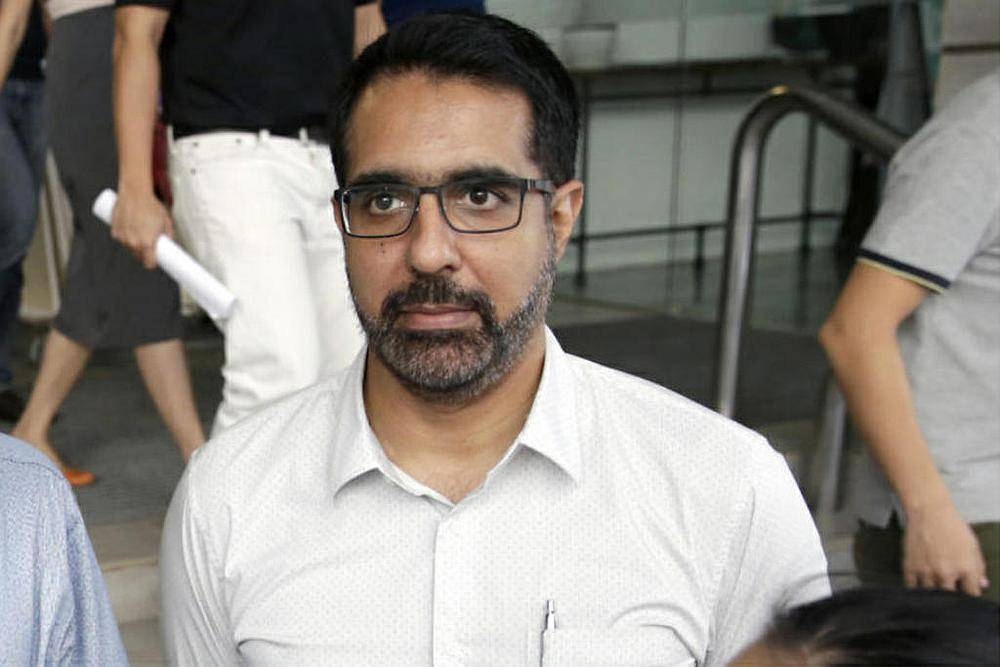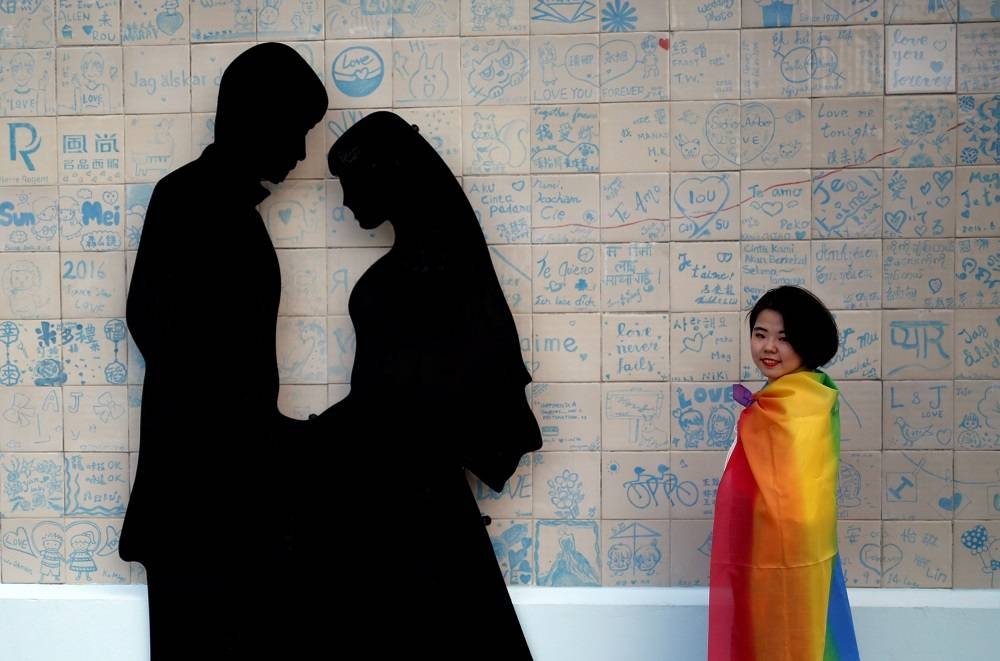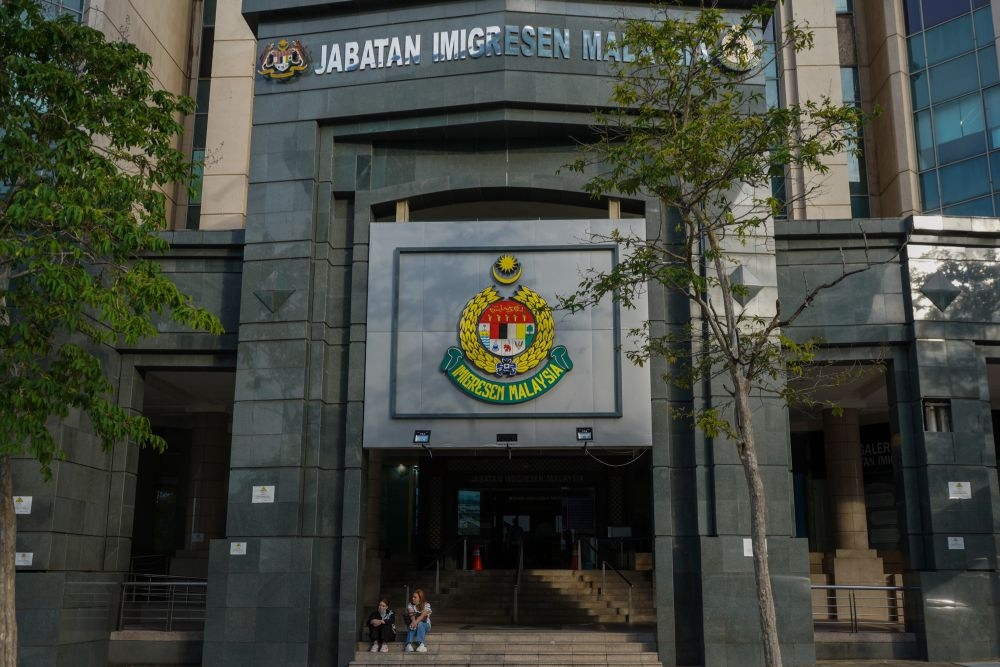SINGAPORE, Nov 30 — Singapore parliament yesterday passed two Bills to repeal Section 377A of the Penal Code, which criminalises sex between men, and to amend the Constitution to protect the definition of marriage as being between a man and a woman.
This follows a 10-hour debate over two days involving more than 40 political office-holders, Members of Parliament (MPs), Nominated MPs and Non-Constituency MPs, with 16 of them doing so yesterday.
Among the concerns raised by MPs were those related to a new Article 156 in the Constitution to protect the definition of marriage, what the passing of the constitutional amendments would mean for religious freedom, and the stance of education institutions following the repeal.
Several MPs also cited the TODAY Youth Survey, which showed that about two-thirds of young adults agree that the repeal is a step towards a more inclusive society, reflected the changing attitudes of youth in Singapore.
Closing the debate, Law and Home Affairs Minister K Shanmugam reiterated that repealing Section 377A is the right thing to do and that if Parliament did nothing, there is a significant risk of the law being struck down by the courts, which would have damaging consequences for society.
He also chastised the Workers’ Party (WP) for not having an official position on the two Bills, drawing a response from WP chief Pritam Singh that this is not true, since six of his party members were for the repeal of Section 377A.
How the voting went
Following the conclusion of the debate, a division bell was run to ascertain if the amendments to the Constitution and Penal Code had garnered the required support from Members of the House. In a division, the vote of each MP is collected and tabulated.
The amendments to the Constitution saw 85 MPs vote “yes”, two MPs vote “no” and another two who abstained from voting. Constitutional amendments require the support of at least two-thirds of elected MPs and Non-Constituency MPs, which is a total of 63 MPs, to pass.
Those who voted “no” were Leong Mun Wai and Hazel Poa of Progress Singapore Party (PSP), both Non-Constituency MPs. Sylvia Lim and He Ting Ru of WP abstained from voting.
The amendments to the Penal Code saw 93 MPs vote “yes”, three MPs vote “no” and no MPs abstained. MPs, Non-Constituency MPs and Nominated MPs can vote on amendments to the Penal Code, and a simple majority is required to pass the changes.
Those who voted “no” were WP MPs Gerald Giam and Dennis Tan, and Nominated MP Hoon Hian Teck.
All of the MPs from the ruling People’s Action Party (PAP) who were present voted for the two Bills. The party did not lift its whip, which meant its MPs had to vote according to the party’s position.
Article 156
The Bill on the constitutional amendment proposed adding a new Article 156 to the Constitution, which makes clear that Parliament can act to define, regulate, protect, safeguard, support, foster and promote marriage — among other things.
The Article also allows the Singapore government and any public authority to exercise their functions to protect, safeguard, support, foster and promote marriage.
Additionally, the Article provides that nothing in Part 4 of the Constitution, which sets out fundamental liberties, will invalidate any legislative definition of marriage as a union between a man and a woman.
Murali Pillai, PAP MP for Bukit Batok, questioned the necessity for Article 156 to exclude the whole of Part 4 of the Constitution, rather than specific provisions.
In his speech on Monday, Pillai had noted that laws against subversion and emergency powers identify specific provisions in Part 4 to be excluded, and asked if it was possible for the Singapore government to do the same for Article 156 as well.
In his response, Shanmugam said that Part 4 has to be excluded in whole because the Singapore government cannot predict what possible arguments might be made against this definition of marriage in future.
He pointed to how arguments in Singapore’s courts on Section 377A had progressed from equal protection under Article 12 of the Constitution to asserting that sexual conduct is a form of liberty protected by Article 9.
Such alternative arguments have been accepted by courts in other countries. To protect the heterosexual definition of marriage from a court challenge, the whole of Part 4 of the Constitution needs to be excluded from the Article.
“But it is not a carte blanche. What is protected is quite precise. It is the heterosexual definition of marriage,” Shanmugam added.
Lim of WP also questioned the need for the Article to state that the Singapore government and any public authority may exercise their executive authority.
She noted that it is already spelt out under Article 23 of the Constitution that executive authority is vested in the President and exercisable by Cabinet Ministers and other bodies authorised by the law. Therefore, the provisions in Article 156 “do not add anything new to the current position”, she said.
In his response, Shanmugam said that although Parliament can pass laws, it does not mean that these laws cannot be challenged. They can be challenged if, for example, they are contrary to the Constitution.
That is why Article 156 is structured to give effect to protect laws and policies based on the heterosexual definition of marriage. It also makes clear that passing laws and having policies based on the current definition of marriage are constitutionally valid, he added.
Cancel culture
In their closing speeches, Shanmugam and Masagos Zulkifli, Minister for Social and Family Development, responded to several concerns that MPs raised during the debates.
Some MPs had asked about the Singapore government's plans to deal with “cancel culture”.
In his speech on Monday, Sharael Taha, MP for Pasir Ris-Punggol Group Representation Constituency (GRC), noted that there are strong views for and against the repeal of Section 377A and there is the worry that there would be “increased activism” on both ends of the spectrum, possibly dividing society.
Shanmugam said that the Ministry of Law is looking at measures to deal with the harm caused by cancel campaigns online.
He also said that people ought to be free to stand by their beliefs, and express their views, with due respect for the feelings of others, without fear of being cancelled.
This is not an easy area to deal with or legislate on, but he said that his ministry is studying the matter and consulting different groups and will give more details when they “get a sense of what is doable”. — TODAY


